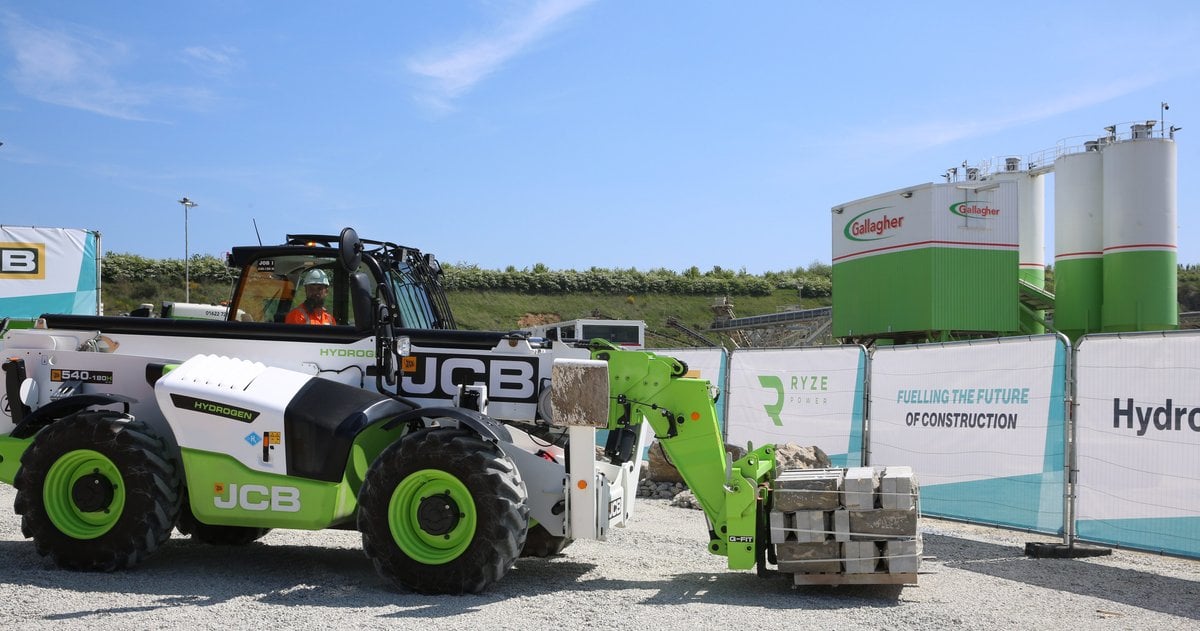Lower Thames Crossing Pioneers Hydrogen Technology in UK Road Construction
Key Ideas
- The Lower Thames Crossing project in London is leading the way in green road construction by implementing hydrogen-powered vehicles to reduce carbon emissions.
- Key industry players like Gallagher Group, JCB, and Ryze Power are collaborating on the project, aiming to cut construction-related carbon emissions by 70% and eliminate diesel from construction sites by 2027.
- A successful trial using a JCB machine with a hydrogen combustion engine demonstrated significant CO2 savings and proved the viability of hydrogen technology for heavy machinery in construction and quarry operations.
- The project's efforts to build a hydrogen ecosystem in the Thames Estuary could contribute significantly to the UK's energy mix, regional development, and creation of skilled jobs by 2035.
The Lower Thames Crossing project in London is setting a new standard for sustainable road construction by incorporating hydrogen-powered vehicles to reduce carbon emissions. Led by National Highways, the project aims to innovate low-carbon construction practices with the support of industry leaders like Gallagher Group, JCB, and Ryze Power. The recent successful trial showcased the potential of hydrogen technology to power heavy construction machinery on a large scale, significantly reducing the project's carbon footprint and accelerating the shift away from diesel. By 2027, the project plans to eliminate diesel from its construction sites and rely on electric vehicles, electric plants, and hydrogen-powered machinery. The trial at Gallagher's Hermitage Quarry in Kent, featuring a JCB machine with a hydrogen combustion engine, demonstrated notable CO2 savings and operational efficiency. With plans to establish a hydrogen ecosystem in the Thames Estuary, the project aims to lead the way in sector-wide transformation and contribute to regional development and job creation. The commitment to procuring a substantial volume of hydrogen for construction sites indicates confidence in the future of hydrogen technology in the UK. Additionally, the project integrates environmental stewardship by planting trees, creating public parks, and building pathways to promote sustainability. If approved, construction is set to begin in 2026, with completion expected in the early 2030s, showcasing a holistic approach towards green infrastructure development.
Topics
Projects
Infrastructure
Innovation
Sustainability
Net Zero
Carbon Reduction
Construction
Environmental Stewardship
UK Economy
Latest News
